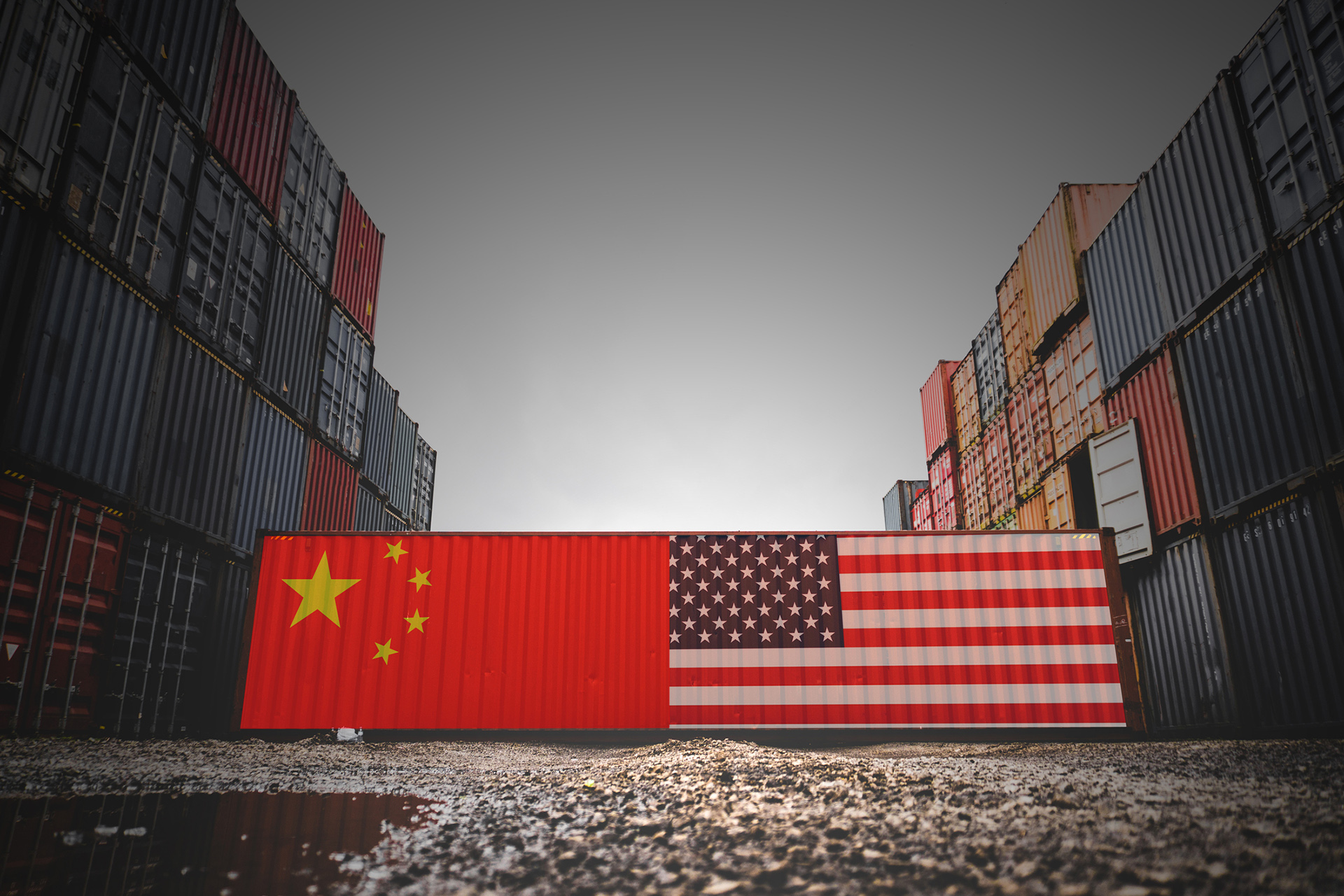The United States and China recently signed Phase I of a trade agreement, which includes pledges by China to make new purchases of U.S. agricultural products, energy, and manufactured goods and services totaling $200 billion over the next two years.
This new agreement will go into effect on Feb. 14, 2020.
Beyond those pledges by China, the agreement also details commitments in a number of areas, most notably impacting the agriculture, financial services and intellectual property arenas:
- Agricultural Barriers: China will address structural barriers to increase U.S. exports of food, agriculture and seafood products, and remove restrictions on U.S. imports of beef, poultry, rice, dairy, infant formula, horticultural products, animal feed, and agricultural biotechnology.
- Financial Services: China will address barriers – such as foreign equity limitations and discriminatory regulations – affecting U.S. financial services providers in the banking, insurance, securities and credit rating areas, among others.
- Intellectual Property: China is committed to improve its protection of U.S. intellectual property, particularly trade secrets, pharmaceutical-related IP, geographical indications, trademarks, and enforcement against counterfeit goods. China is also obligated to address technology transfer practices that require or pressure U.S. and other foreign investors to transfer their technology to Chinese companies.
The new deal contains a dispute resolution mechanism and an enforcement clause. If the U.S. or China believes the other country has violated the agreement, the terms call for the complaining party to submit an appeal to the Bilateral Evaluation and Dispute Resolution Office of the party complained against. If the complaint is not resolved at the appellate level, the U.S. and China shall engage in expedited consultations. If, despite such consultations, both parties still fail to reach a consensus, the complaining party may suspend an obligation under the agreement or adopt a remedial action it considers proportionate.
What About Tariffs?
The status of the various Section 301 tariff programs, per the new deal, is as follows:
- The current 15 percent duties on “List 4A” (or Annex A) consumer products, representing the portion of the $300 billion products that have been subject to tariffs since Sept. 1, 2019, will be reduced to 7.5 percent as of Feb. 14, 2020. As previously reported, the USTR is accepting product exclusion requests for List 4A items until Jan. 31, 2020.
- Tariffs on the other portion of the $300 billion in consumer products, known as “List 4B” (or Annex C), were suspended indefinitely in December 2019.
- The 25 percent tariffs will remain on the $250 billion in Chinese products designated on List 1 and Lists 2 and 3 in 2018 and 2019.
To obtain more information, please contact the Barnes & Thornburg attorney with whom you work, or David Spooner at 202-371-6377 or david.spooner@btlaw.com; Linda Weinberg at 202-408-6902 or linda.weinberg@btlaw.com; or Adetayo Osuntogun at 202-371-636 or adetayo.osuntogun@btlaw.com.
© 2020 Barnes & Thornburg LLP. All Rights Reserved. This page, and all information on it, is proprietary and the property of Barnes & Thornburg LLP. It may not be reproduced, in any form, without the express written consent of Barnes & Thornburg LLP.
This Barnes & Thornburg LLP publication should not be construed as legal advice or legal opinion on any specific facts or circumstances. The contents are intended for general informational purposes only, and you are urged to consult your own lawyer on any specific legal questions you may have concerning your situation.
















